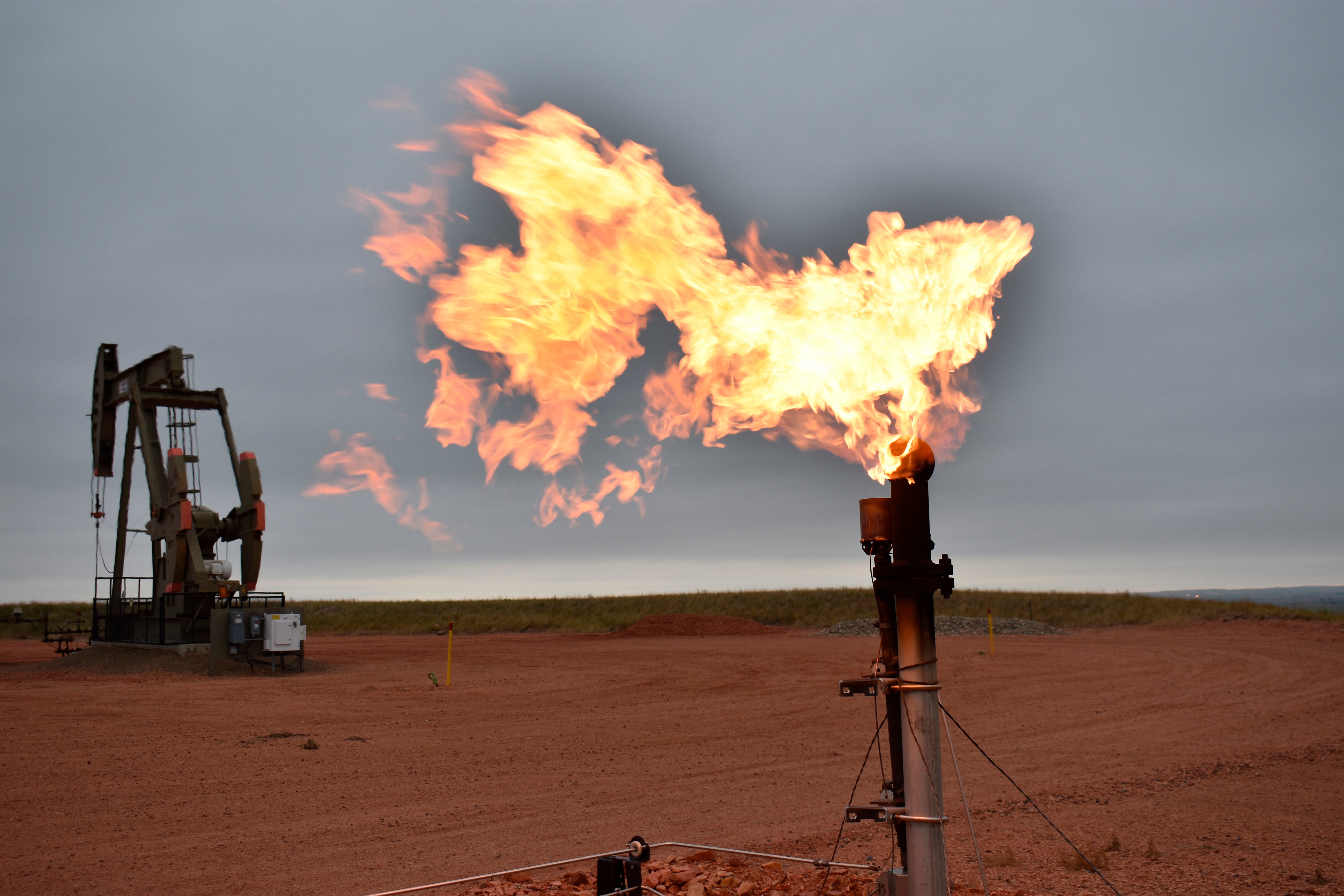Challenge to Biden 'Cost of Carbon' policy dismissed
A federal appeals court has dismissed a challenge that Louisiana and other Republican-leaning states filed against a Biden administration environmental policy

A lawsuit that Louisiana and other Republican-leaning states filed challenging figures the Biden administration uses to calculate damages from greenhouse gasses was dismissed Wednesday by a federal appeals court.
The unanimous decision by three judges on the 5th U.S. Circuit Court of Appeals in New Orleans was the latest defeat for states challenging the Biden “cost of carbon” policy. It leaves the administration to continue using a damage cost estimate of about $51 per ton of carbon dioxide emissions as it develops environmental regulations. That estimate is under review by the administration and could increase.
The Biden cost estimate had been used during former President Barack Obama's administration. President Joe Biden restored it on his first day in office after the administration of former President Donald Trump had reduced the figure to about $7 or less per ton.
A federal judge in Louisiana had ordered a halt to the administration’s approach early last year after the states filed a lawsuit. The states said the policy threatened to drive up energy costs while decreasing state revenues from energy production.
The 5th U.S. Circuit Court of Appeals in New Orleans blocked the judge’s order and the Supreme Court declined to intervene.
On Thursday the appeals court dismissed the case, saying the challenging states had no standing to sue because they had not shown that the regulations caused the economic harms their lawsuit cited.
“Plaintiffs contemplate harms that are several steps removed from — and are not guaranteed by — the challenged Executive Order,” wrote Judge Jacques Wiener, appointed to the court by former President George H.W. Bush, on behalf of a panel that also included Obama appointee Stephen Higginson and Trump appointee Cory Wilson.
The $51 per ton estimate was established in 2016 and used to justify major rules such as the Clean Power Plan — former President Barack Obama’s signature effort to address climate change by tightening emissions standards from coal-fired power plants — and separate rules imposing tougher vehicle emission standards. However, the Clean Power Plan never took effect after being blocked by federal courts.
Now, the administration is reviewing the $51 per ton estimate. The Environmental Protection Agency in September proposed a cost roughly four times higher than the Obama figure.
Researchers have said for years that the damage done by every ton of carbon dioxide that comes out of a smokestack or tailpipe far exceeds $51. A study last year in the journal Nature concluded the price should be $185 per ton — 3.6 times higher than the U.S. standard.
A 2017 report from the National Academy of Sciences, Engineering and Medicine said current carbon pricing calculations were inadequate. Researchers began calculating damages from carbon emissions in the 1980s and before 2017, the last updates to the modelling were in the early to mid 1990s.
The other states whose officials sued are Alabama, Florida, Georgia, Kentucky, Mississippi, South Dakota, Texas, West Virginia and Wyoming.
___
Brown reported from Billings, Montana. Associated Press reporter Matthew Daly, in Washington, contributed to this report.
Bookmark popover
Removed from bookmarks